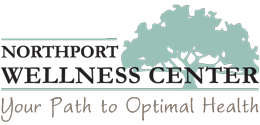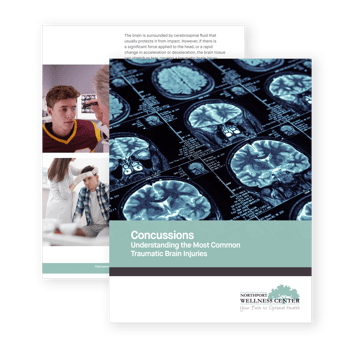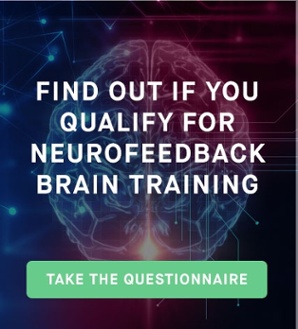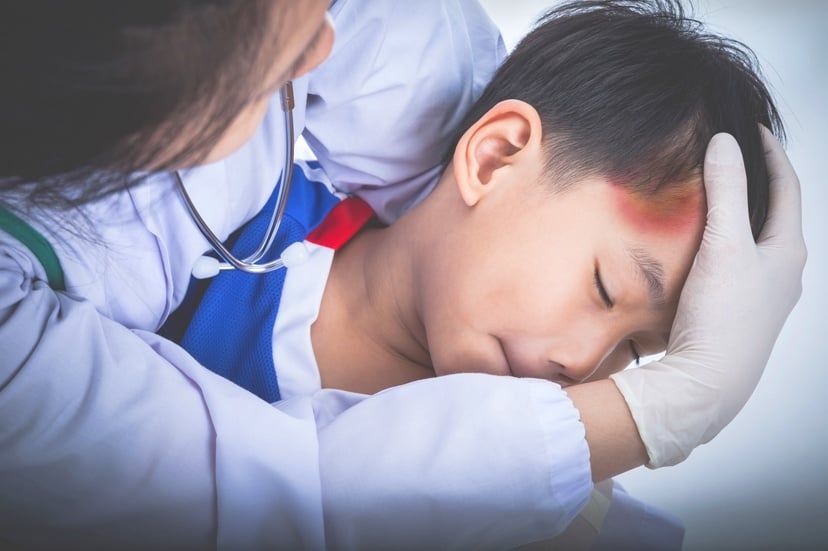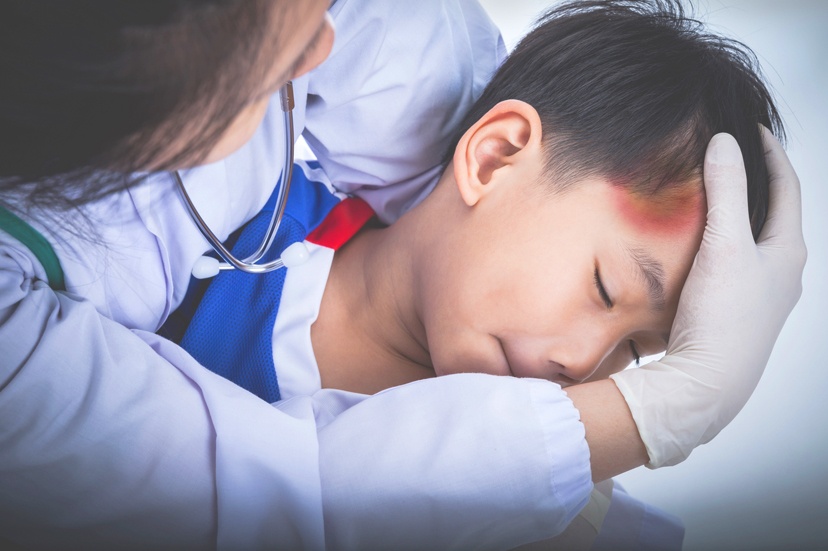
Concussions, whether acute or chronic, are serious injuries that can affect your short-term and long-term health, especially if they're not treated promptly. Besides finding out the most optimal treatment options available, patients are usually concerned with the amount of time it will take to start feeling like their old self again.
What is a concussion?
“Concussions result from a severe blow, jarring or trauma to the head," explains Dr. Alan Sherr, founder of the Northport Wellness Center, a holistic wellness facility based on Long Island. It “can be anything from a hit in the head to a sudden movement of the head, without a hit." This trauma may occur from a car accident or during a full-contact sport like football when two players collide.
Symptoms associated with concussions oftentimes vary. Dr. Sherr states, “The nature of the symptoms of an individual sometimes are dependent on where the actual injury occurs, whether it occurs in the front, the side, the top, or the back.” Typically, the affected area’s location plays a role in the injury’s seriousness. "You get hit in the back or the side or the top,” Dr. Sherr continues, “it’s definitely more severe than if you get hit in the front.”
There are other factors that play a role in healing from a concussion. Age is one example. Younger patients “tend to adapt faster,” as opposed to elderly ones, Dr. Sherr explains.
Regardless of age, the sooner a concussion is treated, the sooner healing and recovery may begin.
What is the recovery time for a concussion?
Typically, it can take anywhere from days to months to recover from a concussion.
Someone with an acute concussion, may see an improvement in his or her condition anywhere from “a day to two to three months,” whereas someone with a chronic concussion may not see improvement until “two to three weeks” after their injury or longer.
Every person who is challenged by a concussion must seek professional assistance to assure their individual health needs are being met. The longer you wait to be seen by a professional, the longer it may take you to recover.

How do you recover from a concussion?
The first step to achieving recovery is to seek professional medical attention as soon as symptoms arise. Sometimes, it’s immediately obvious that you have a concussion—you blacked out as soon as you hit your head, for instance—other times, it's not so apparent that your injury requires attention.
There are red flags that are common indicators of a concussion, according to Dr. Sherr. "They range from headaches, nausea and dizziness to memory loss and even a temporary decrease in gross/fine motor function,” he warns.
How you recover from a concussion and how long it takes depends on your symptoms, health history, the severity of your injury, and your health care treatment plan.
Dr. Sherr states, “There are a number of approaches that one would then take, depending on the nature of the how, the when, the why, and the where." For example, "Let’s say an individual who has a car accident and they hit their head on the windshield—that’s going to be a little bit different than an individual who is playing soccer and does a header with a soccer ball."
“The nature of the examination and then the nature of the treatment might differ than, depending on the presentation of the person, which is all taken into account in regards to their history.”
This includes:
- Pre-existing conditions
- Current medications
- Intake of vitamins and supplements
- Dietary changes or restrictions
To accomplish a thorough evaluation and ultimately get your health back on track, the following tests may be included in assessing your condition:
- Computed Tomography (CAT) scans
- Magnetic Resonance Imaging (MRI) of the neck
- MRIs of the vertebrae of the neck
- Diffusion Tensor Imaging (DTI)
- Neuro-visual examinations
- X-rays of the neck
- Hearing tests
- Cognitive tests (also referred to as impact testing)
- Balance testing
- Quantitative Electroencephalography (qEEG)
Following the initial evaluation and testing, additional recommendations could be made.
Treatment opportunities include:
- Neuro-visual regime of exercise and glasses
- Hyperbaric oxygen therapy (HBOT)
- Physical therapy
- Cognitive therapy
- Chiropractic care
- Dietary changes
- Neurobiofeedback therapy
- Optometry/Vision therapy
- Diagnostic tools/testing
While you may have heard of some of these treatments, including chiropractic care and physical therapy, others, such as neurobiofeedback, may not be as well known. Still, they can be quite effective in treating concussions.
“Neurobiofeedback,” Dr. Sherr states, “is a way of taking a dysregulated, electrical brain, which is the reason why we do the qEEG, causing it to become more regulated. So, we train the brain to function electrically more optimally.”
HBOT has also shown to be a significant help to those with concussion. This natural treatment uses pure oxygen to assist in repairing damaged brain tissue. Dr. Sherr stresses how important of a role HBOT plays in concussion recovery and recommends this therapy to anyone who has recently suffered a head injury.
"When you experience good health, you become more in tune with your body."
It's not just your physical health you need to consider after getting a concussion, either. To achieve optimal healing and recovery from a concussion, it is critical to address your overall health, advises Dr. Sherr.
“Following a good nutrition plan,” which involves removing sugar and increasing your fat intake, “receiving regular chiropractic adjustments, addressing stress with acupuncture, massage or psychotherapy are all ways to keep tabs on your health," he says. “When you experience good health, you become more in tune with your body. So, for example, you will recognize when something is not right—like seemingly prolonged symptoms or side effects from a concussion—and address them appropriately."
Individuals who are challenged with symptoms from a concussion may also suffer increased emotional strain or stress. “Throughout the healing and recovery process, some individuals may experience extreme sadness or depression as a result of not being able to carry on their normal daily routine,” explains Dr. Sherr. Seeking additional psychiatric support from a mental health care professional may help to alleviate negative feelings associated with a concussion, as well.
Healing from a concussion does not typically occur overnight. It's important to remember that concussion recovery is a journey. You may encounter some ups and downs along the way—and that's o.k., as long as you continue to mind your overall health, follow up with your trusted health care provider and address your concerns as they arise.
